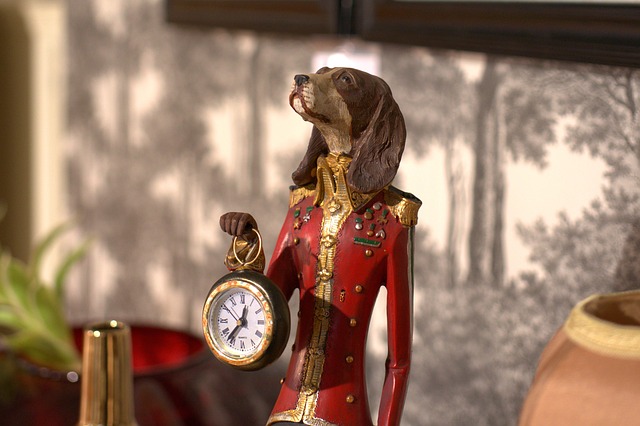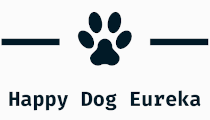With the change of our routine thanks to the change of time, a client of our Canidelite center in Toulouse, asked me if his dog had the notion of time! This is an interesting question, which often comes up again and again!
And this question falls well, since the studies of his last years, prove that a dog has the notion of time! And yes, Rex and Jack can find out if you take longer than usual to serve them their meal or if you come home later from work! Most masters had already experienced it, but nothing really proved it scientifically, because few studies had been interested in it! Come on, let’s untangle all this!

What study?
This study, which follows many others in parallel, was conducted by Northwestern University. She was able to uncover clear evidence about the ability of animals, including dogs, to conceive of the passing of time. Capacity that has long been believed to be valid only for human beings.
It was by examining the medial entorhinal cortex of the brain (where there is an extensive network of memory, navigation and time perception) that the researchers discovered a previously unknown set of neurons. This set of neurons gets excited when the dog waits.
“Does your dog know that it took you twice as long to get his food as before? There was no right answer to that before,” said Daniel Dombeck, who led the study.
“This is one of the most compelling experiments that shows that animals actually have an explicit representation of time in their brains when they are subjected to multiple intervals of time.”
The study was published online this week in the journal Nature Neuroscience. Dr. Dombeck is an associate professor of neurobiology at Northwestern’s Weinberg College of Arts and Sciences. During the study’s planning, Dombeck’s team focused on the medial entorhinal cortex, an area in the temporal lobe of the brain associated with memory and navigation.
As this part of the brain encodes spatial information in episodic memories, Dombeck hypothesized that the area could also be responsible for coding time.
When the dog waits, time-record cells light up in his brain. While these are inactive when the dog is busy. And not only do they activate, but they actually code how long the dog is at rest.
Clearly, even if your dog can’t read your watch, he’s aware of the passing of time. That’s why he can come and ask you for his croquettes at the usual time, that he can party you more when you are away longer, ect.
Episodic memory in dogs
This new study is linked to a study published in 2016 by Dr Claudia Fugazza. This study had highlighted the proven existence of episodic memory in dogs.
Episodic memory is the ability to go back mentally, to remember an event or the details of that event. We knew scientifically that this memory existed in primates and humans. But this study was also able to prove that it existed in dogs, although it is more limited, it would seem than in humans.

Note: However, a dog will not have the awareness of having done something stupid. On the other hand, they may remember that you were angry at an event, without understanding the meaning of it.
Sources:

